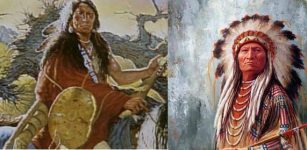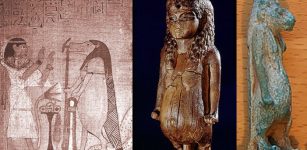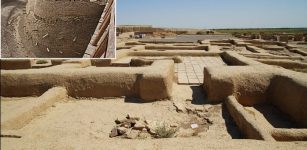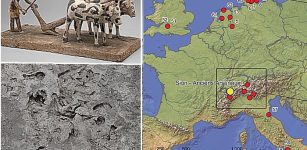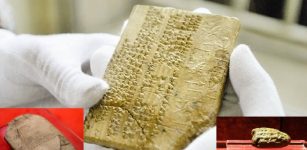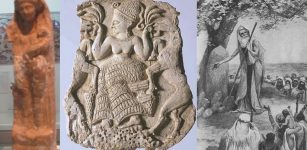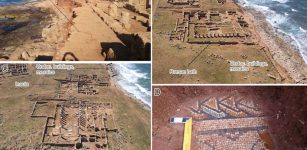On This Day In History: Magna Carta Sealed By King John Of England – On June 15, 1215
AncientPages.com - On June 15, 1215, the Magna Carta was signed between King John and the barons of Medieval England.
'Magna Carta' (in Latin: "Great Charter") was one of the most important documents of Medieval England. The document was a series of written promises between the king and his subjects that he, the king, would govern England and deal with its people according to the customs of feudal law.
John of England signs Magna Carta. Image from Cassell's History of England - Century Edition - published circa 1902. Scan - Tagishsimon - Public Domain
Magna Carta was an attempt by the barons to stop King John from abusing his power in England.
The barons were dissatisfied with his high taxation and many arbitrary decisions. John came to the throne in 1199; he seized the crown from the legitimate heir, his nephew, Prince Arthur.
The French King Philip II supported Arthur's claim, not only to the throne of England but to French lands in Normandy and Anjou, which Richard had held.
King Philip summoned John to appear before him, and when John refused, he confiscated his French lands and allocated some of them to Arthur and some to himself. John's response was to send an army to defend his lands in Normandy.
King John introduced new taxes to pay for his wars and more to support this war.
Naturally, the barons were unhappy at this state of affairs, and a group joined together in rebellion. They captured London, forcing John to leave the city, and then rounded on him at Runnymede, forcing him to sign the great charter.
John had no intention of honoring his promise. As soon as the barons had left London, he raised a force against them and tried to hunt them down, one at a time, thus plunging England into civil war.
John died in October 1216, and his nine-year-old son, Henry III, succeeded him. The barons found it simple to manipulate the young king into issuing a new and enforceable charter.
Magna Carta contained no new rights or privileges but only put in writing old laws, and King John did not sign it because he was illiterate.
AncientPages.com
Expand for references



